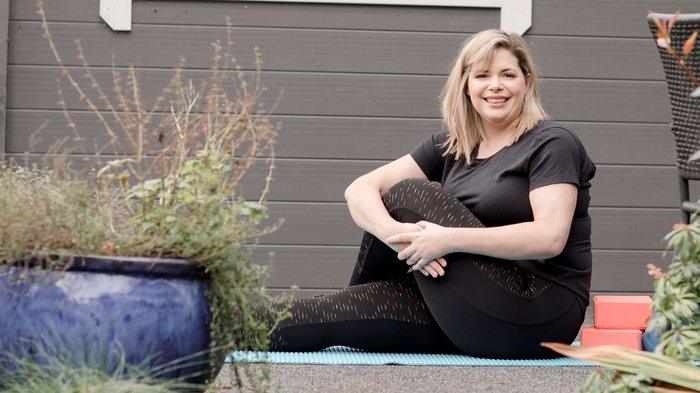Emotional Support for lipoedema

Caring for your mind and mental health
There is good evidence from many research studies that lipoedema is linked to various mental health and emotional challenges. These can include anxiety, depression, feelings of anger and frustration, problems with disordered eating, or a difficult relationship with food.
We know that lipoedema can affect family, home and work life, and can lead to people feeling very isolated, alone, and powerless. People with lipoedema may feel stigmatised as health professionals, and the general public often assume that the changes in body shape are due to poor lifestyle. At Talk Lipoedema we often meet people who have learned ways to be ‘body positive’; to develop confidence, and a positive body image no matter how society and culture influence our beliefs about the ideal shape, size or appearance.
In the general population, 1 in 4 people experience a mental health problem. Living with a condition such as lipoedema can compound other mental health conditions. If you had a previous problem such as depression, you might recognise similar feelings again. You can become aware of the resources inside yourself, or from elsewhere, that may have helped you in the past, and may be useful now.
Some researchers have suggested that different factors such as stress, PTSD or trauma may trigger the start of lipoedema, particularly in the 12 months before the start of lipoedema symptoms. This is difficult to research, as sometimes we cannot know if the stress comes before the development of lipoedema, or due to living with lipoedema. More research is required to better understand the links between lipoedema and stress or other mental health problems. Find out more about lipoedema.
What support is available for emotional and mental health problems associated with lipoedema?
Talk Lipoedema online chat pages can provide you with support. You will find friendly advice from others living with lipoedema about managing situations, talking with others about lipoedema, and dealing with intimate relationships.
Talk Lipoedema also runs local groups. Some people find that joining a support group introduces them to other people who will listen, understand, and empathise. Never underestimate how valuable peer support is; knowing you are not alone is empowering.
Talk with your doctor or practitioner about your feelings, and concerns about your mental health. If they prevent you from enjoying life, or getting motivated to care for yourself, you may need professional help, medication, or counselling.
Check out other organisations for additional support:
- Mind provides support and advice on mental health
- BEAT provides support, a helpline, and advice with eating disorders
- The Samaritans can be contacted free through telephoning 116 123

Accepting lipoedema in your life
This can be difficult, particularly at certain times such as when you get your diagnosis, if things change or become worse for other reasons. Some days you may feel frustrated that you cannot do the things you want to do. Some suggestions to help you with these feelings are:
- Acknowledge and express your emotions
- Educate yourself about lipoedema and recognise that there are things that can be done
- Pace yourself - acknowledge you will have days when pain and fatigue are out of control and days when you can be productive.
- Decide to actively manage your condition, through keeping your lymphatics healthy, using compression, making good food choices, and incorporating physical activity in each day
- Take time out to relax and look after yourself in times of stress and difficulty
- Learn ways to accept yourself and build your self-esteem
- Advocate for yourself, challenge unhelpful thinking from friends, family, and the medical profession
- Do not let lipoedema define who you are.
